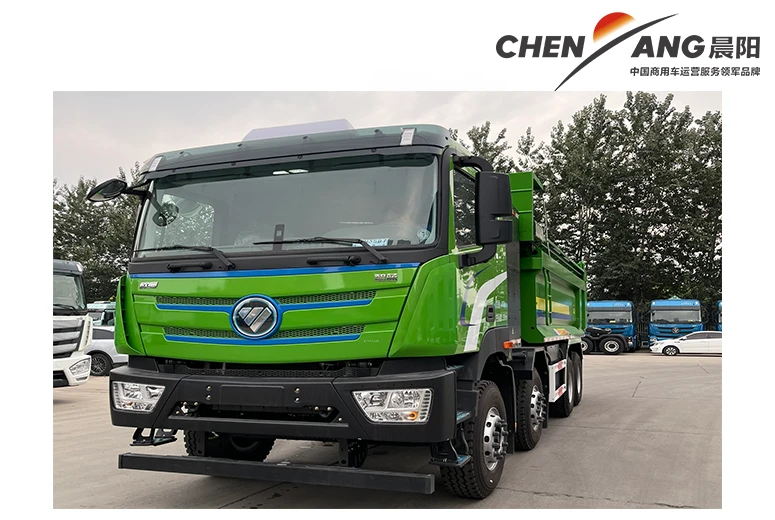earthwork equipment machinery
Understanding Earthwork Equipment and Machinery A Comprehensive Overview
Earthwork equipment and machinery are integral to various construction and civil engineering projects. These machines facilitate the movement of large volumes of earth, enabling the construction of foundations, roads, and other infrastructures. From excavation to grading and compaction, understanding the types of equipment available and their specific functions is essential for any construction professional.
Types of Earthwork Equipment
1. Excavators Excavators are perhaps the most recognized earthwork machines. They are designed for digging and moving large amounts of soil or rock. The standard configuration includes a boom, arm, bucket, and rotating platform, which allows for a high degree of maneuverability. Excavators can be fitted with various attachments, such as hydraulic hammers or thumbs, making them versatile for different tasks like demolitions or trenching. Their size can vary from compact models meant for smaller sites to larger models suited for significant earthmoving projects.
2. Bulldozers Known for their robustness, bulldozers are equipped with a large blade at the front to push soil, sand, rubble, or other materials during construction or excavation. They can also be used for rough grading or site preparation, making them essential for land clearing. Their tracked design gives them excellent traction on uneven terrain, allowing for movement across challenging environments.
3. Backhoes A backhoe loader is a versatile machine featuring a front loader and a rear excavation arm. This dual-functionality allows it to perform various earthmoving tasks, including digging, lifting, and loading materials. Backhoes are ideal for smaller projects where space is limited and maneuverability is crucial. They are commonly used in urban settings for utility work, landscaping, and small construction projects.
4. Graders Graders, also referred to as motor graders, are essential for finishing surfaces and creating smooth, level grades. Their long blade can be adjusted to different angles, allowing for precise control over the grading process. These machines are used mainly for road construction, ensuring that surfaces are adequately prepared for the laying of asphalt or concrete.
5. Compactors Compaction is a crucial step in earthwork to ensure that the ground can support structures above it. Compactors come in various forms, such as plate compactors, roller compactors, and rammer compaction machines. Each is designed for specific tasks, from compacting small patches of soil to large areas necessary for road construction. Proper compaction is vital to prevent settling and erosion in completed projects.
earthwork equipment machinery

6. Dump Trucks Although not directly involved in earthmoving, dump trucks play an essential role in transporting soil, gravel, and other materials to and from job sites. They come in various sizes and configurations, allowing for the efficient movement of large quantities of material, thereby enhancing productivity in earthwork operations.
Importance of Earthwork Equipment
Efficient earthwork is critical for the success of construction projects. The right machinery can significantly reduce labor costs, speed up project completion, and enhance safety. The automation capabilities in modern earthwork machinery, such as GPS-guided systems, have further streamlined operations, allowing for more precise excavation and even grading.
Future of Earthwork Equipment
As technology continues to advance, the future of earthwork machinery is being shaped by innovations such as electric-powered machines, autonomous operations, and enhanced safety features. These developments aim to reduce environmental impacts, lower operational costs, and improve safety conditions for workers on-site. The integration of smart technology will enable operators to monitor equipment performance in real time, ensuring optimized operations and timely maintenance.
Conclusion
In summary, earthwork equipment and machinery form the backbone of construction and engineering projects. Understanding the different types, their functionalities, and their applications is key for professionals in the industry. As technology evolves, it promises to enhance the efficiency and effectiveness of these machines, leading to safer and faster completion of projects. Investing in the right equipment, coupled with skilled operators, can significantly impact the overall success of earthwork undertakings.
-
Hydraulic Lock Assembly for SHACMAN Truck Parts – Durable & ReliableNewsJul.28,2025
-
SINOTRUK HOWO 84 Electric Dump Truck for Eco-Friendly Heavy HaulingNewsJul.26,2025
-
The Fast 16-Gear Manual Transmission Assembly for Heavy TrucksNewsJul.25,2025
-
Mercedes Benz Actros 1848 42 Tractor Truck for Sale - Reliable PerformanceNewsJul.24,2025
-
High-Quality Water Pump Assembly for Sinotruk Trucks – Durable & ReliableNewsJul.23,2025
-
Premium Truck Engine Antifreeze Coolant Fluid for Heavy Duty VehiclesNewsJul.22,2025
Popular products

























